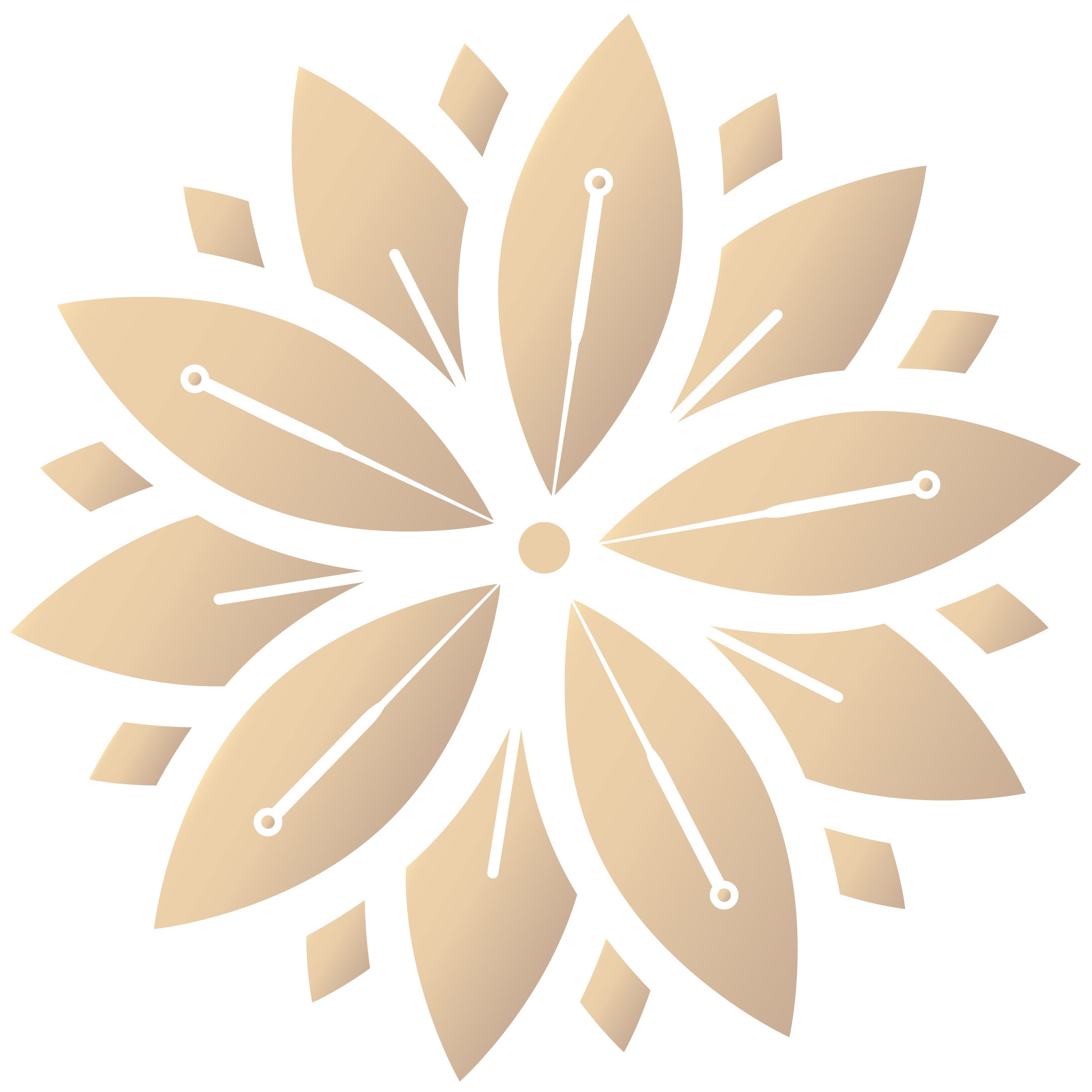
Experienced by many babies, colic is usually physically harmless, but looking after a baby who has colic can be distressing and frustrating, and may contribute to postnatal symptoms. Though there are several ways of comforting a colicky baby during their periods of distress, excessive crying will usually ease when the baby reaches six months of age.
The causes of colic are still unknown, but many experts believe it is associated with indigestion or trapped wind in the baby’s stomach. They also believe that exclusive breast milk or formula could be behind this temporary condition.
Common techniques to relieve this condition
There are several ways to relieve colic including:
- Holding a baby upright during its crying episode
- Not letting the baby swallow air by sitting or holding them upright during feeding.
- Burping your baby after feeds
- Rocking your baby over your shoulder
- Massaging their tummy, but this should be done gently
- Breastfeeding mothers should avoid drinking coffee or other caffeinated drinks. Spicy foods should also be avoided.
How can acupuncture help?
Acupuncture is an alternative therapy for both adults and children. Its main goal is to bring the body into balance, so acupuncture can fill what is empty and reduce what is overflowing.
This alternative treatment is considered a tool that can improve the body’s energetic functions and help facilitate a biochemical response to alleviate colic symptoms.
The benefits of paediatric acupuncture
Acupuncture may help relieve the symptoms of these disorders that are commonly found in children:
- Colic
- Allergies
- Sports sprains
- Pink eye
- Eczema
Although meridians or acupoints are usually defined on adults, children under the age of 7 have underdeveloped meridians. This means practitioners may insert needles on specific points but quickly take them out before performing Tui Na (gentle massage). Other treatments may involve massage and other manipulations, rather than the use of needles.
Babies are mainly held by their parents on their lap while undergoing acupuncture treatments. Many conditions may be addressed at any given visit; however, some conditions may require more acupuncture sessions.
How to help your child get over the fear of acupuncture needles?
Many children are anxious and fearful of needles, but acupuncture needles are very thin, unlike injectable needs for medications and vaccines. Some children will not even feel the acupuncture needles, but this may vary from person to person. Also, a young baby is unlikely to be treated with needles. The treatment is very relaxing and gentle.
Overall, if you and your baby are struggling with the symptoms of colic, it may be worth trying acupuncture as a natural alternative to medications. Be sure to find a practitioner local to you who has experience with babies and children.
